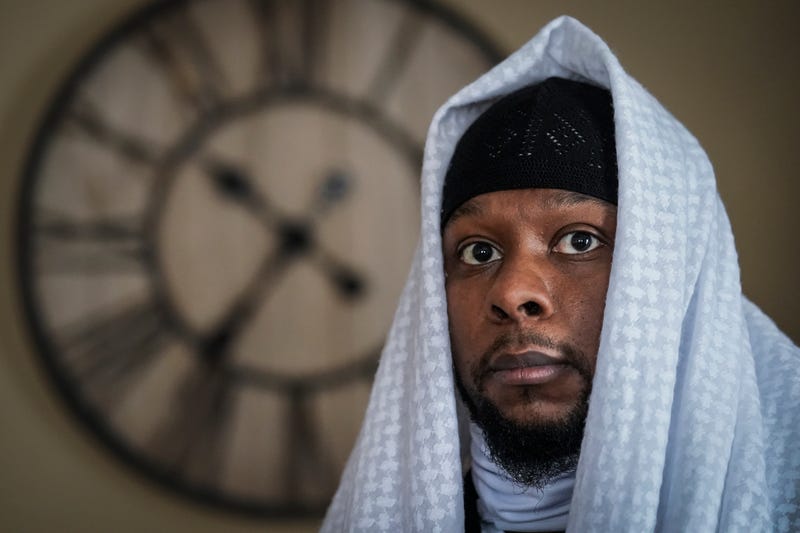
MINNEAPOLIS (AP) — An appeals court Monday upheld the conviction of a Minnesota man in a gun and drug case that put him back in legal trouble following the commutation of his life sentence in a high-profile murder case.
The Minnesota Court of Appeals ruled that a search that followed a traffic stop and led to Myon Burrell's conviction on the gun and drug charges was legal.
The court rejected defense arguments that police lacked probable cause to expand their investigation beyond the scope of an initial traffic stop into an impaired driving investigation, and that the ensuing search of his vehicle without a warrant was therefore illegal.
Burrell was 16 when he was arrested for the 2002 death of 11-year-old Tyesha Edwards, a Minneapolis girl who was hit by a stray bullet. He maintained his innocence. The Associated Press and APM Reports in 2020 uncovered new evidence and serious flaws in that investigation, leading to the creation of an independent legal panel to review the case.
Burrell was freed in 2020 after 18 years behind bars. The state pardons board commuted his sentence to time served, after he had spent more than half his life in prison, but denied his request for a full pardon.
Then police in the Minneapolis suburb of Robbinsdale found drugs and a handgun in his SUV during a traffic stop in 2023. Since his conviction for first-degree murder remained on his record, it was still illegal for him to have a gun. He was convicted on the gun and drug charges last year and later sentenced to five years. Minnesota inmates typically serve two-thirds of their sentences in prison and one-third on supervised release.
The arresting officer testified he saw Burrell driving erratically, and that when he stopped Burrell, smoke came out of the window and that he smelled a strong odor of burnt marijuana. Burrell failed field sobriety tests. The search turned up a handgun and pills, some of which field tested positive for methamphetamine and ecstasy.
The defense argued that the officer's testimony was not credible because no smoke could be seen on his body camera or dashboard camera videos. But the appeals court said it found that argument to be unconvincing, and that it would defer to the trial court's finding that the officer's testimony was credible.
The three-judge panel similarly rejected Burrell's challenges to the officer's statements that Burrell's eyes were bloodshot and his pupils were dilated, and that he saw marijuana residue on the SUV's console.